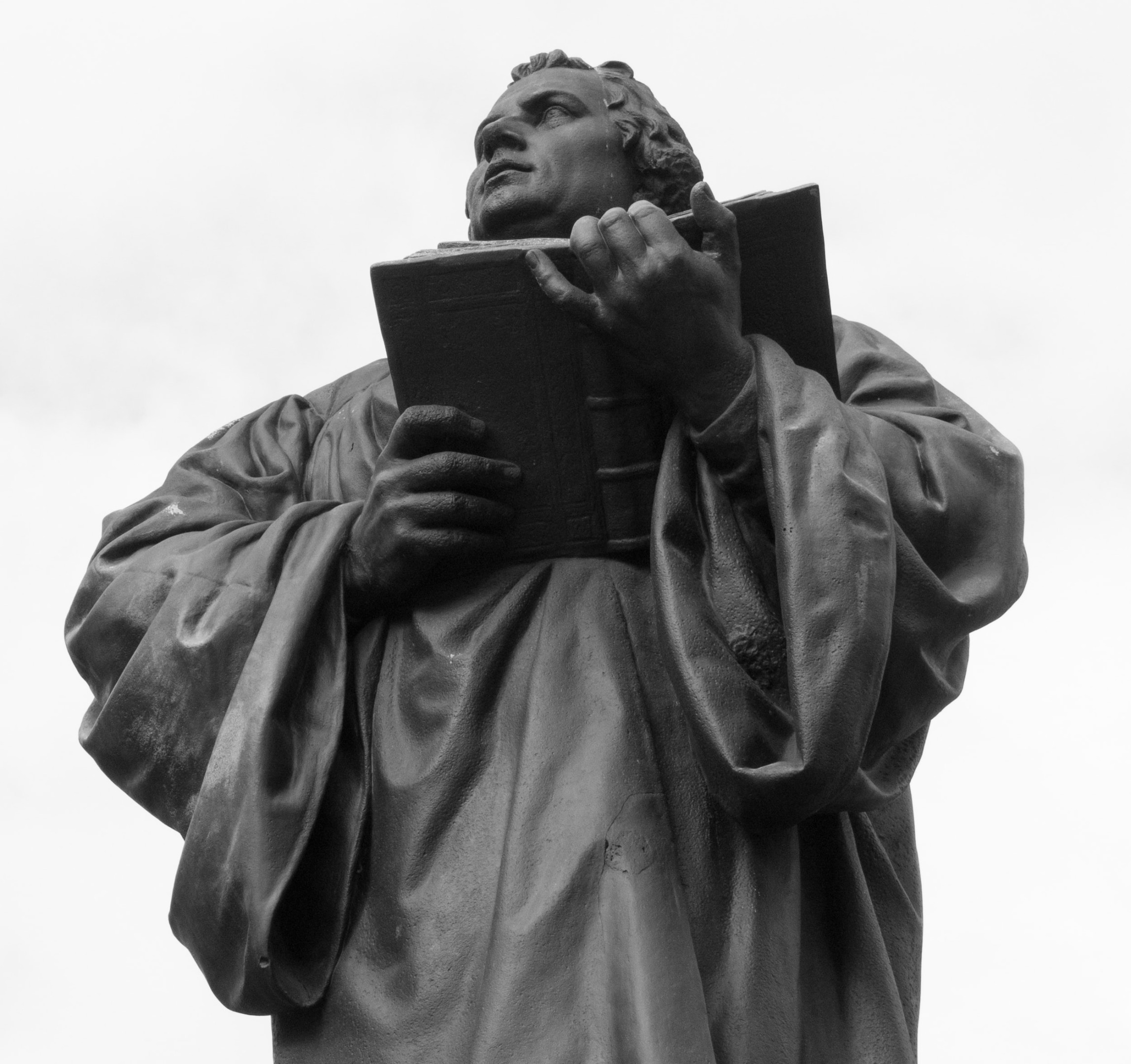Narcissism & the Reflections of “Me”: Interdisciplinary Engagement from Psychology and Youth Ministry
8 years ago
By Dan Logan and Troy Temple After a full day of work and teaching university students aged 18-29, my wife asked me (Dan), “how was class today?” This was a typical question, and somewhat routine, for which I often answered with an expected positive response. However, this time it was...









